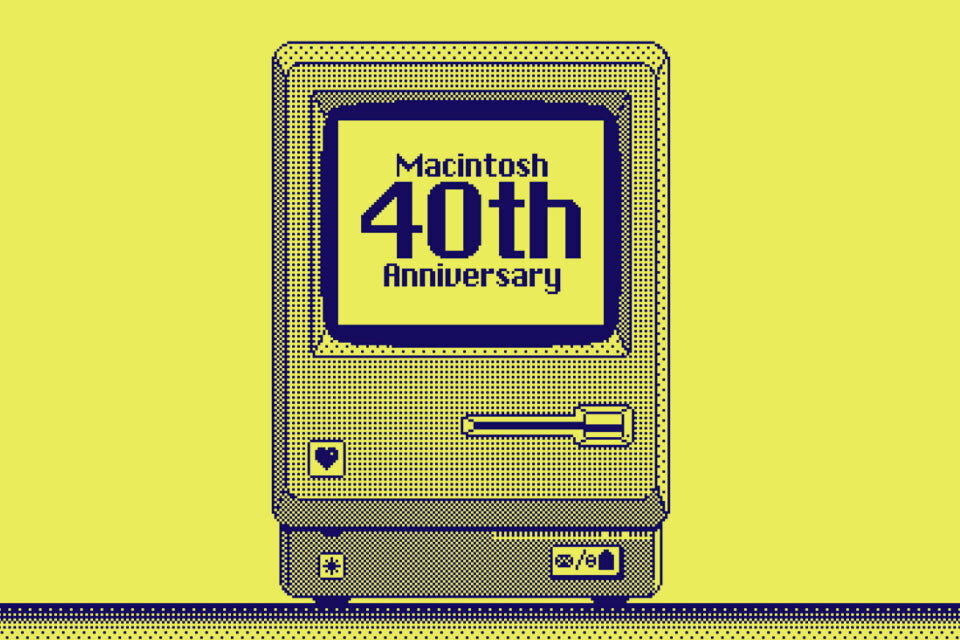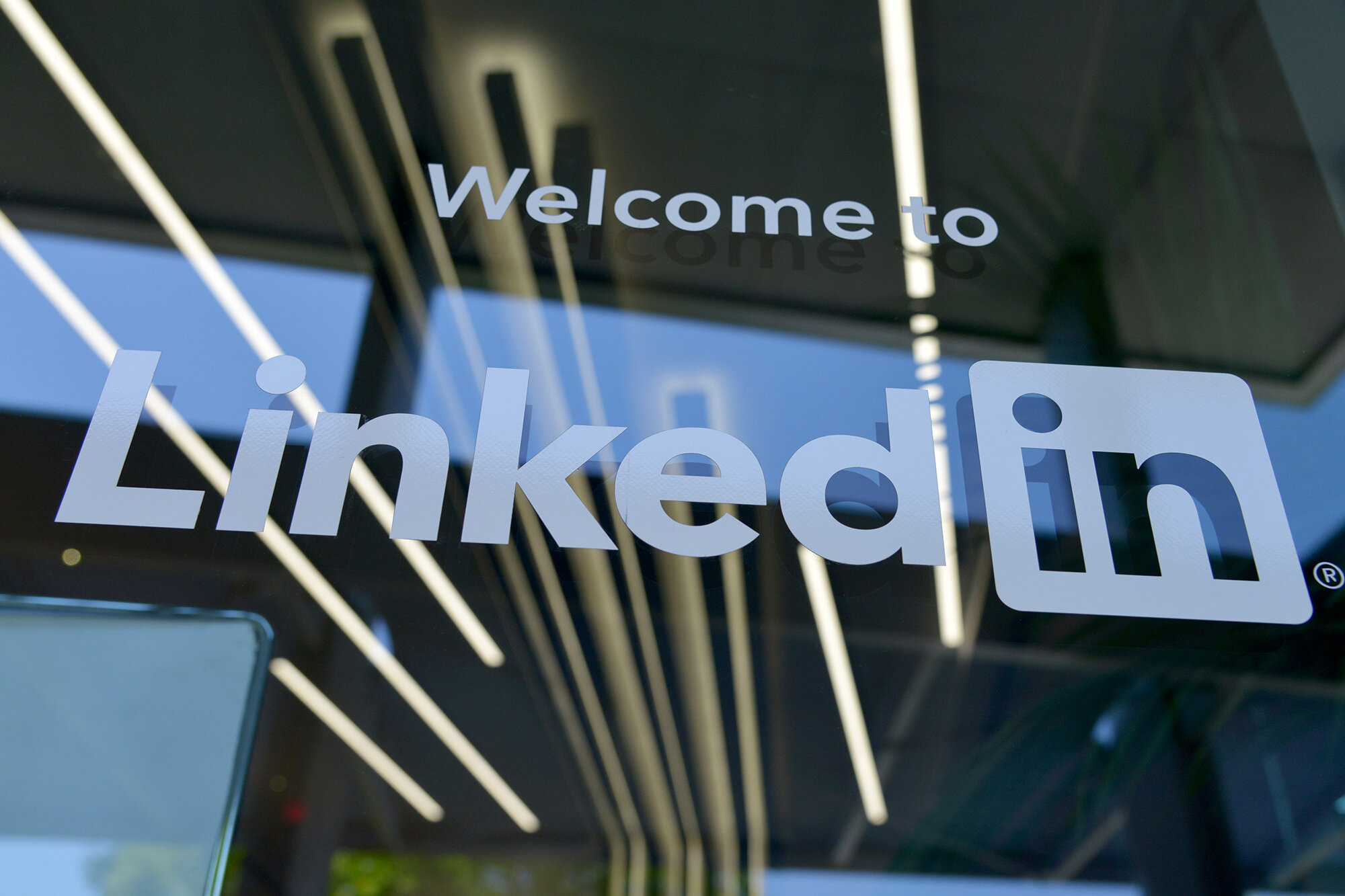Artificial Intelligence (AI) has become one of the most talked-about and rapidly growing technologies in recent years. Its impact is far-reaching, with the global AI market expected to reach $299.64 billion by 2026, growing at a compound annual growth rate of 38.1% between now and 2030.
This exponential growth is driven by various factors that have made AI increasingly popular across industries and use cases.
Advancements in technology
One of the key factors contributing to the rise of AI is the rapid pace of technological development. With the advent of powerful computing systems, increased storage capacity, and faster data processing speeds, AI algorithms have become more sophisticated, enabling them to perform complex tasks. This has opened up a wide range of possibilities for AI applications in various industries, including finance, healthcare, retail, and transportation.
The availability of advanced technologies such as machine learning and deep learning has allowed AI systems to learn from vast amounts of data and improve their performance over time. These advancements have led to the development of AI-powered solutions that can automate tasks, make better decisions based on data, and enhance overall efficiency in businesses and organisations.
Increased access to data
Another crucial factor driving the popularity of AI is the increased access to data. AI systems rely on large volumes of data to learn and make predictions accurately. The growth of the internet and the increasing number of connected devices have made it easier than ever to collect and store vast amounts of data. This abundance of data has been a game-changer for AI, as more data allows AI algorithms to learn more effectively and produce more accurate results.
The availability of data has also facilitated the development of AI-powered applications in various domains. For example, in customer service, businesses are using AI-powered chatbots to provide quick and efficient support to their customers. These chatbots can handle simple queries and provide information, freeing up human customer service representatives to focus on more complex issues.
Growing demand for intelligent and efficient systems
Businesses and organisations are constantly seeking ways to streamline processes and make their operations more efficient. AI offers a solution to this challenge by providing intelligent systems that can automate tasks and make data-driven decisions. By implementing AI solutions, companies can stay ahead of their competition and adapt to the rapidly changing business landscape.
One area where AI has made significant advancements is fraud detection. Financial organisations are leveraging AI algorithms to analyse massive amounts of data and detect suspicious behavior in real-time. By identifying patterns and anomalies, AI-powered systems can prevent fraud before it occurs, saving businesses billions of dollars.
Another industry that has benefited greatly from AI is healthcare. AI-powered systems are being used to enhance patient outcomes while reducing costs. For example, AI algorithms can analyse medical imagery to aid in disease diagnosis and predict potential health concerns based on patient data. These applications of AI in healthcare have the potential to revolutionise the industry and improve the quality of care provided to patients.
ChatGPT: The future of language processing
One of the most exciting developments in the field of AI is the creation of ChatGPT by OpenAI. ChatGPT, short for Generative Pre-trained Transformer, is a state-of-the-art language model that can perform various tasks such as text summarisation, language translation, and even creative writing.
ChatGPT has the potential to revolutionise the way we interact with AI-powered systems. It can be integrated into chatbots, virtual assistants, and other natural language interfaces, enabling them to understand and generate human-like language. This breakthrough in natural language processing (NLP) opens up a world of possibilities for AI applications that rely on human communication.
“With the rise in demand for AI solutions, it was only a matter of time before accessible programs like ChatGPT emerged, removing the barrier of technical expertise. While these programs still have room for improvement, they have the potential to disrupt industries and transform the way we use AI. The question now is whether ChatGPT’s entry into the market will be more like MySpace or Facebook, and what creative uses it will be employed for now that accessibility is no longer an issue.”
James Weiss — Big Drop’s Senior Director
AI Applications in various industries
AI is making significant strides in various industries, transforming the way businesses operate and improving efficiency. Here are a few examples of how AI is being applied:
Supply chain optimisation
Companies are using AI to optimise their supply chain operations. AI technologies can analyse data on shipping routes, product demand, and inventory levels to make better decisions and improve overall efficiency in the supply chain. By optimising the supply chain, businesses can reduce costs and improve customer satisfaction.
Predictive maintenance
AI is being used in manufacturing and industrial settings to perform predictive maintenance. By analysing data from sensors on machines and equipment, AI systems can identify potential issues and schedule maintenance before a breakdown occurs. This proactive approach helps businesses avoid costly downtime and improve operational efficiency.
Art
AI is also making waves in the field of art. Artists are using AI as a creative tool to collaborate with algorithms and create innovative works. AI algorithms can analyse large datasets of images and generate new forms, shapes, and patterns that push the boundaries of human creativity. This intersection of art and AI is opening up new possibilities for artistic expression and exploration.
Conclusion
The growing popularity of AI can be attributed to various factors, including advancements in technology, increased access to data, and the growing demand for intelligent and efficient systems. As AI continues to evolve and mature, we can expect to see even more innovative applications across industries.
To maximise the benefits of AI, it is essential to address challenges such as data access, algorithmic bias, ethics, transparency, and legal liability. By implementing the recommended steps, including encouraging data access, investing in AI research, promoting digital education, and maintaining human oversight, we can harness the power of AI while protecting important human values.
If you’re ready to explore how AI can transform your business or have any questions, get in touch and how we can help to turn your vision into reality.
Let's make a website!
Book a FREE video call to discuss your business, project strategy, and more!
"*" indicates required fields
More from Metal Potato
Can Apple Vision Pro Revolutionise Computing?
Discover the Apple Vision Pro: a mixed-reality headset set to redefine computing, work, entertainment, and education.
How to Choose the Perfect Typography for Your Website
Master the art of web typography... from font selection to readability, create a visually stunning and user-friendly website.
The Power of WordPress for Small Businesses
Build a strong online presence for your small business with WordPress! It's easy to use, SEO-friendly, and very cost-effective.
Celebrating 40 Years of the Apple Mac
Explore 40 years of Mac evolution! Celebrating Apple's iconic computer and its impact on design, technology, and creativity.
Why LinkedIn Should Be Your Top Priority
Maximise career growth with LinkedIn's powerful benefits! Unlock networking opportunities, connect and build your personal brand.
7 Strategies to Build Customer Loyalty
Elevate your brand with proven strategies for customer loyalty. Personalised programs, consistency, and gratitude that resonate.






